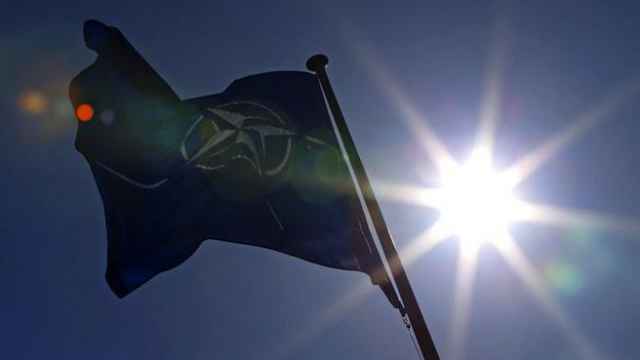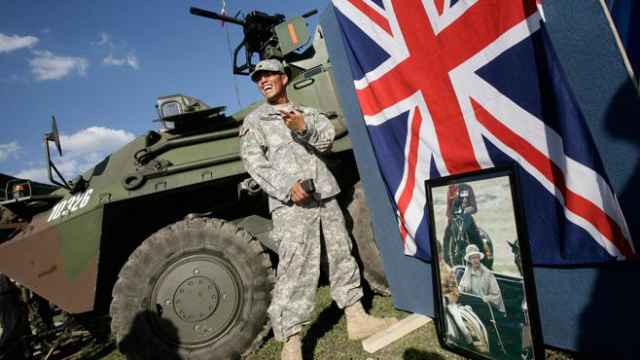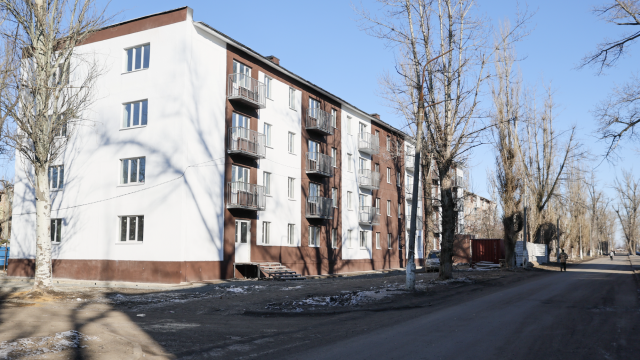NATO is committed to maintaining political dialogue with Russia, said NATO General Secretary Jens Stoltenberg during a Thursday press conference.
NATO's Warsaw summit is underway, with Russia and various affairs across Eastern Europe at the center of discussions.
Stoltenberg said that NATO “decided to maintain the NATO Russia Council as a tool, as a platform for political dialogue with Russia. Because we strongly believe that there is no contradiction between strong defense and deterrence and political dialogue.”
The next summit of the NATO-Russia Council (NRC) will take place on July 13 in Brussels.
A decision will be made Friday and Saturday as to whether to deploy four NATO battalions to Estonia, Latvia, Lithuania and Poland, Stoltenberg said, according to the press conference transcript. The NATO Response Force has tripled in size and weapons such as the Ballistic Missile Defense have been developed to protect against external threats, he added.
Such steps have been made to send a clear message that an attack on one NATO country would be met by a response by the alliance as a whole.
Reacting to the possible buildup of NATO forces in Eastern Europe and the alliance's plans for the Middle East, Kremlin spokesman Dmitry Peskov called NATO and its leaders, “short-sighted,” the state-run TASS news agency reported Friday.
“It is absurd to talk about a threat from Russia, when in the middle of Europe dozens of people are dying, and in the Middle East hundreds of people die every day. It has to be an absolutely short-sighted organization to distort what is important in such a way,” Peskov said, TASS reported.
He added that if NATO continues to identify Russia as the enemy and build up its air and ground forces along Russia's border, cooperation between the alliance and Russia will be impossible.
However, he sees potential for cooperation in the fight against terrorism, TASS reported.
A Message from The Moscow Times:
Dear readers,
We are facing unprecedented challenges. Russia's Prosecutor General's Office has designated The Moscow Times as an "undesirable" organization, criminalizing our work and putting our staff at risk of prosecution. This follows our earlier unjust labeling as a "foreign agent."
These actions are direct attempts to silence independent journalism in Russia. The authorities claim our work "discredits the decisions of the Russian leadership." We see things differently: we strive to provide accurate, unbiased reporting on Russia.
We, the journalists of The Moscow Times, refuse to be silenced. But to continue our work, we need your help.
Your support, no matter how small, makes a world of difference. If you can, please support us monthly starting from just $2. It's quick to set up, and every contribution makes a significant impact.
By supporting The Moscow Times, you're defending open, independent journalism in the face of repression. Thank you for standing with us.
Remind me later.





